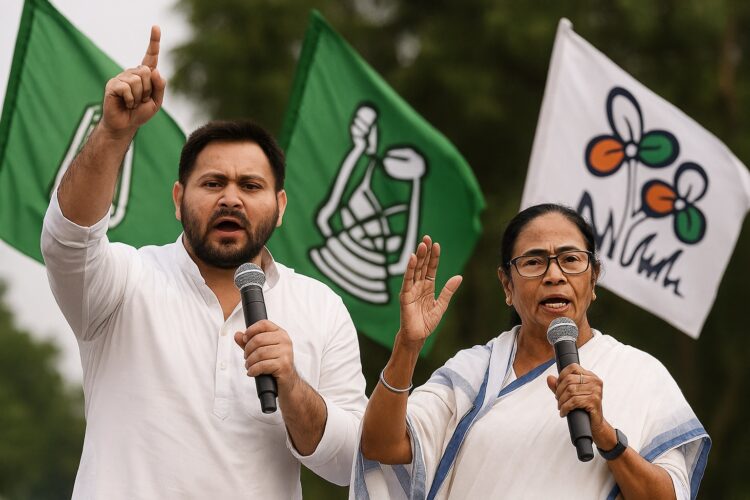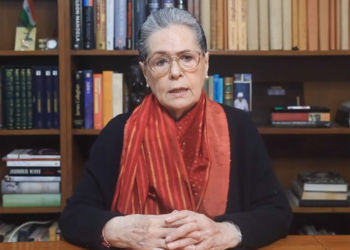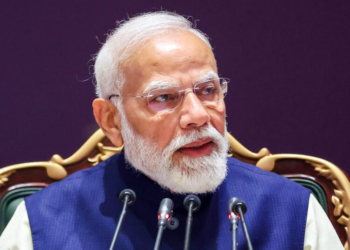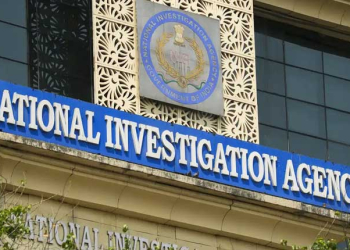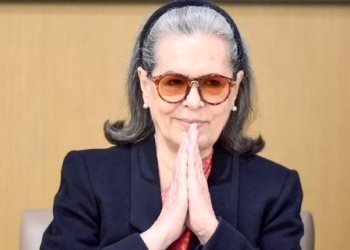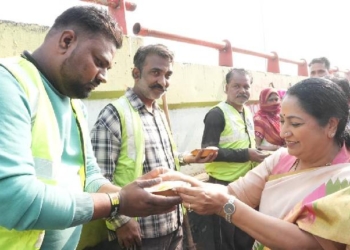New Delhi: Rashtriya Janata Dal (RJD) leader Tejashwai Yadav frequently raises the “Bahari” issue, which has a similarity with the “Bohiragata” rhetoric of his national ally Trinamool Congress (TMC) supremo Mamata Banerjee, where both the words translated into English mean “outsider”.
Though emanating from different states, political cultures, and histories, both usages share tactical similarities, divergent intentions, and comparable risks for democratic debate and social cohesion.
For both leaders, any entity not endorsed by them and having the potential to upset their applecart in the respective playing fields is an outsider.
Tejashwi’s reiterating the “Bihari versus bahari” slogan has been linked to his efforts to counter the Bharatiya Janata Party (BJP) narrative in Bihar. Particularly, when national leaders campaign in the state and their critics attempt to resurrect memories of past misgovernance with “jungle raaj” associated with his party’s legacy.
He has publicly positioned himself as a proud local confronting what he casts as an external political force trying to dominate Bihar’s affairs.
For Mamata, there was a time when even Congress leader Rahul Gandhi was in the “outsider” category, when she had termed him as a seasonal bird flying into her state only to seek votes. The same classification she continues to spell for BJP leaders as well.
Meanwhile, her critics accuse her of covering the fact that the Trinamool itself has three Members of Parliament who can be equally considered as being from outside West Bengal.
However, according to the Representation of the People Act, 1951, any elector for a Parliamentary constituency in India is qualified to be chosen to represent any state or Union territory, or a specific seat, with certain exceptions for places like Assam, Lakshadweep, and Sikkim.
For state legislatures, the rules specify persons eligible for election as those who are electors in the state, with some added specifications for certain parts of the country. Thus, Prime Minister Narendra Modi and Leader of Opposition Rahul Gandhi represent constituencies other than their respective “home states”.
The rhetoric is therefore aimed specifically at building a political narrative and guiding public perception. Mamata’s “outsider” classification against central BJP leaders is also criticised by the BJP’s state unit as her reaction to policies such as the Citizenship (Amendment) Act and the National Register of Citizens.
The BJP, which has emerged as West Bengal’s principal Opposition party, allege that moves initiated against real outsiders are being targeted by the Chief Minister since these may affect her vote banks.
But the Trinamool leadership frames such moves as threats to the state’s cultural and political autonomy. This has also been the position of other political parties in the state opposed to the BJP.
Meanwhile, Tejashwi’s rhetoric may have evolved from his resistance to the Election Commission’s Special Intensive Revision (SIR) in Bihar. Though yet to raise specific issues after the completion of the process, he has continued to reiterate the “Bahari” narrative.
With SIR being rolled out in West Bengal, and the state going to elections next year, chances are for a raised “Bohiragata” rhetoric.
The leaders that Tejashwi and Mamata are referring to in their rhetoric are part of a party that is leading the National Democratic Alliance (NDA) government at the Centre, chosen by a majority mandate from the country’s electors.
And, in Bihar and West Bengal, the NDA in the former state received about 45.5 per cent of the vote share, and the BJP in the latter got 38.7 per cent in the 2024 Lok Sabha elections.
Some analysts dub the regional rhetoric as an attempt to shift focus from performance records to existential stakes, creating a mobilisational advantage during heated campaign periods.
(IANS)




